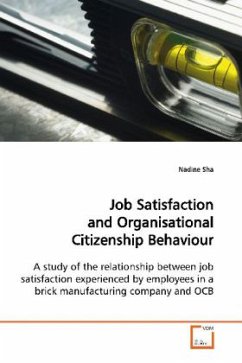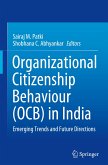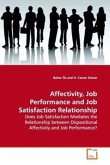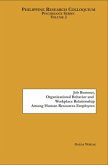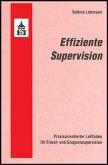Organ (1988) defines organisational citizenship
behaviour as an individual s behaviour which is
discretionary, not directly recognized by a formal
reward system and it should lead to more effective
running of the organisation. The purpose of this
study is to investigate and review literature that
examines whether job satisfaction and procedural
justice have a positive relationship with the
employees organisational citizenship behaviour (OCB)
in a brick manufacturing industry. Literature
suggests that the first research on the antecedents
of OCB found that job satisfaction was to be the
best predictor. Organ (1997) noted that after two
decades of research, job satisfaction is still the
leading predictor of OCB. Workers with high levels
of job satisfaction are more likely to be engaged in
OCB (Brown, 1993). It has also been found that the
influence of procedural justice on OCB exists as
well (Farh, Podsakoff & Organ, 1990). The sample
consists of unskilled and semi-skilled employees,
with approximately N = 767 employees and their
supervisors or management.
behaviour as an individual s behaviour which is
discretionary, not directly recognized by a formal
reward system and it should lead to more effective
running of the organisation. The purpose of this
study is to investigate and review literature that
examines whether job satisfaction and procedural
justice have a positive relationship with the
employees organisational citizenship behaviour (OCB)
in a brick manufacturing industry. Literature
suggests that the first research on the antecedents
of OCB found that job satisfaction was to be the
best predictor. Organ (1997) noted that after two
decades of research, job satisfaction is still the
leading predictor of OCB. Workers with high levels
of job satisfaction are more likely to be engaged in
OCB (Brown, 1993). It has also been found that the
influence of procedural justice on OCB exists as
well (Farh, Podsakoff & Organ, 1990). The sample
consists of unskilled and semi-skilled employees,
with approximately N = 767 employees and their
supervisors or management.

